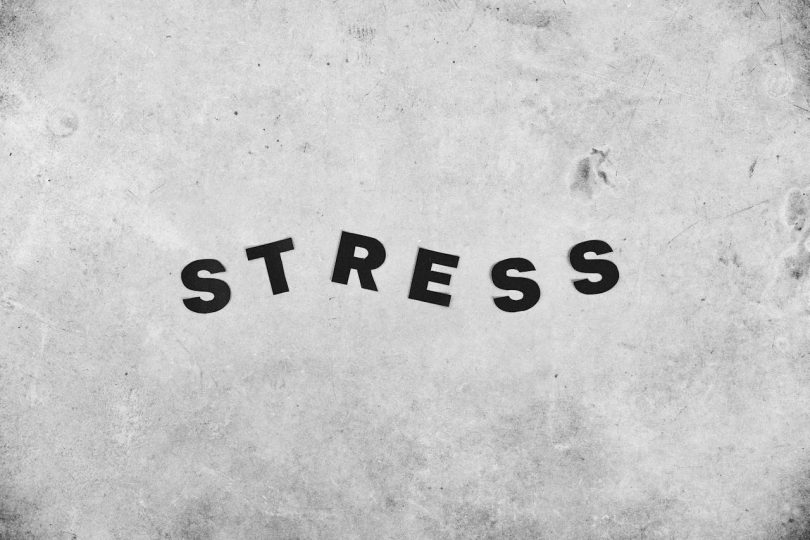In our modern-day lives, stress seems to be a constant. We accept it as our companion and praise those who can handle it well. Rather than the exception, it has become the norm. It even became a pillar of pride. We announce our full calendar to our family, friends and colleagues to show them how important and in-demand we are. But we are missing the point.
Stress is a physical response.
Our bodies use it in life-threatening situations.
What Stress Is & What It Is Not
In its original form, stress is designed to help us deal with a life-threatening situation. It is a physical, involuntary response, we experience when we are in danger. Our modern world, however, eliminated quite a few dangers for us. It is unlikely that we will encounter a wild beast while we are at the supermarket.
While what we feel threatened by on a daily bases might have changed since the age of the Neanderthals. Our reaction remains the same whether we face a tiger or an unpleasant meeting with our boss. Yet our bodies have not adapted to the challenges we now face. They use an old and trusted method: the fight-or-flight response aka stress.

Stress & Its Impact On Your Body
The stress response is meant to help us deal with the life-threatening situation we are currently in. It is designed to be short-term and to prepare our bodies to fight off the danger or run away from it. Therefore it is a physical response that impacts our bodies in many different ways:
- The pupils dilate to allow us a tunnel vision that focuses on the perceived threat
- Our ears also blend out any noise that is not related to the immediate danger
- We start to breathe more shallow and faster to get more oxygen into our bloodstream
- Our heart starts to bump faster to help distribute the oxygen quicker
- Our muscles tense while our digestive system shuts down
- The liver begins to convert glycogen into glucose to give us an energy boost
- Our bladder relaxes while our hands start to shake
In the background, even more is happening, such as the release of the hormone adrenaline. All of these elements work together to help us survive. But to run away from a speech or to punch a person in the face just because we are scared of meeting strangers are not helpful ways of responding to our new perceived threats.
The effort our bodies put in to keep us safe cannot be put into action. This unreleased stress builds up tension and has a detrimental effect on our health, both physically and mentally. Our decision-making is impaired, we are more prone to heart failure, diabetes and can develop psychosomatic illnesses such as irritable bowel syndrome – just to name a few repercussions.
Relaxation Is A Necessity Not A Luxury
It is astonishing how many seemingly unrelated (mental) health complaints are actually rooted in stress. For our bodies being in a relaxed state should be the norm. The fight-or-flight response is reserved only for the exceptional situations. With deadlines looming over us, conflicting social demands being placed on us, the doom-announcing news playing in the background, it is difficult not to fall into a cycle of everlasting stress.
To deal with the symptoms of the ongoing stress response we spend money on massages (to release muscle tension), weekend vacations (to escape the stressors) and buy material items (to make us feel better mentally). Relaxation is being treated as a luxury while in fact it is a necessity. If we find a way to de-stress more permanently, we gain more benefits than any of the mentioned, temporary copying strategies will ever be able to achieve.
A one fits all solution might not exist, nonetheless, there are techniques that can be incorporated into our everyday lives – no matter how busy we may be. In my practice as a Cognitive Behavioural Hypnotherapist, breathing exercises have proven to be very popular as well as effective. There is a variety to choose from which makes them adaptable to your preferences.
One simple example is belly breathing. Rather than breathing through your chest (shallow breathing that activates the stress response) make a conscious effort to breathe into your belly. Putting one hand on your chest and the other on your belly will help you to locate where the air is being directed to. You can also lie on the back and put a small book on these parts of your body.
If you would like to find out more and receive personalised in-depth help, please feel free to contact me.
Main – Photo by SHVETS production



